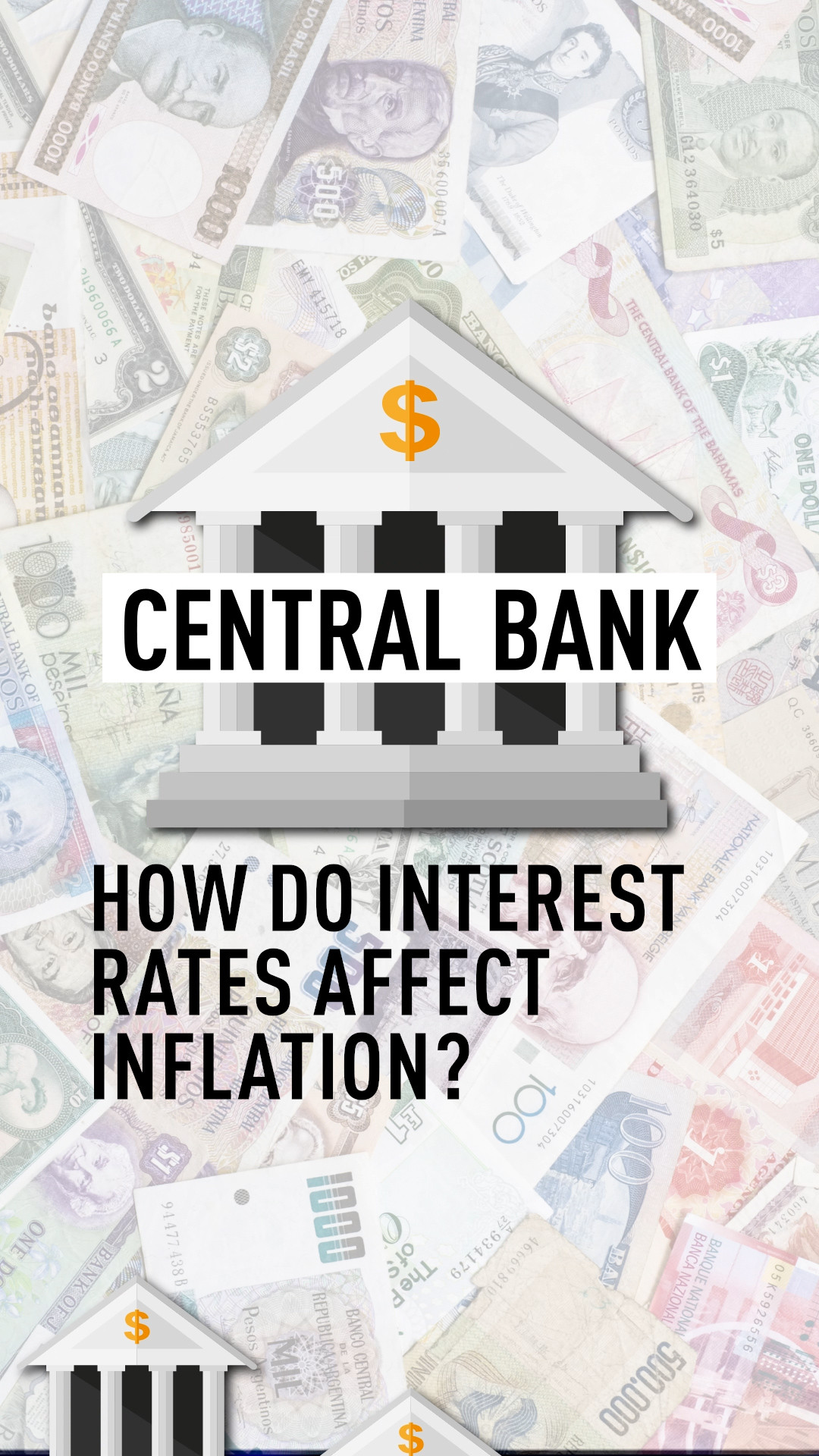
Governor of the Bank of England Andrew Bailey said it was absolutely necessary to get inflation back in line. Alastair Grant/Pool via Reuters
Governor of the Bank of England Andrew Bailey said it was absolutely necessary to get inflation back in line. Alastair Grant/Pool via Reuters
The Bank of England has increased its key interest rate to a fresh 15-year high, saying it would likely stay that way for some time to bring down soaring inflation rates, in what could be another blow to renters and those paying off their mortgages amid the a cost-of-living crisis.
Increasing the rate by a quarter-point to 5.25 percent - the central bank's 14th hike in a row - the bank said policymakers would "continue to monitor closely indications of persistent inflationary pressures."
The bank has been under pressure to act while British annual inflation remains close to eight percent, far higher than in the eurozone and U.S..
There had been concerns among struggling businesses and households that the increase would be a full half-point, like the one seen in July, as the central bank tries to get annual inflation down to around two percent.
However, figures last month showed that inflation had dropped more than anticipated to 7.9 percent, meaning less drastic action was necessary.
"Inflation is falling and that's good news," governor Andrew Bailey told a news conference.
"We know that inflation hits the least well-off the hardest and we need to make absolutely sure that it falls all the way back to the two-percent target."
The Bank of England added that UK inflation was expected to fall "significantly further, to around five percent by the end of the year," due to lower energy, and to a lesser extent, food and core goods price inflation. However, it said services price inflation were projected to remain high for now.
00:33

Escaping recession
The UK's Prime Minister Rishi Sunak has set a target of reducing inflation to five percent by the end of 2023, ahead of a general election next year which his Conservative party is currently projected to lose.
Responding to the BoE's latest rate hike, finance minister Jeremy Hunt said: "If we stick to the plan, the bank forecasts inflation will be below three percent in a year's time without the economy falling into a recession.
"But that doesn't mean it's easy for families facing higher mortgage bills so we will continue to do what we can to help households."
The effects surging interest rates often have a knock-on effect on the housing market, leading many households to have to refinance their mortgages at a higher cost.
In the case of the UK, it has sparked mortgage turmoil as commercial lenders lift their own borrowing costs on home loans, boosting their profits.
In response, the government has introduced temporary measures to help those struggling with their repayments including payment holidays and switching to an interest-only rate.
The BoE began lifting its key interest rate from a record low of 0.1 percent at the end of 2021, when inflation started to increase as economies came out of COVID-19 lockdowns.
Global inflation worsened in the months after as Russia launched its assault on Ukraine, which exacerbated an energy and food price crisis.
In October 2022, nine months after the escalation of the conflict, UK inflation hit a 41-year peak at 11.1 percent.
At 5.25 percent, the BoE's interest rate is at the highest level since the global financial crisis in 2008, with the latest UK growth data showing the economy shrinking slightly in May.

Subscribe to Storyboard: A weekly newsletter bringing you the best of CGTN every Friday
Animation editor: Alex Margaritis
Source(s): AFP